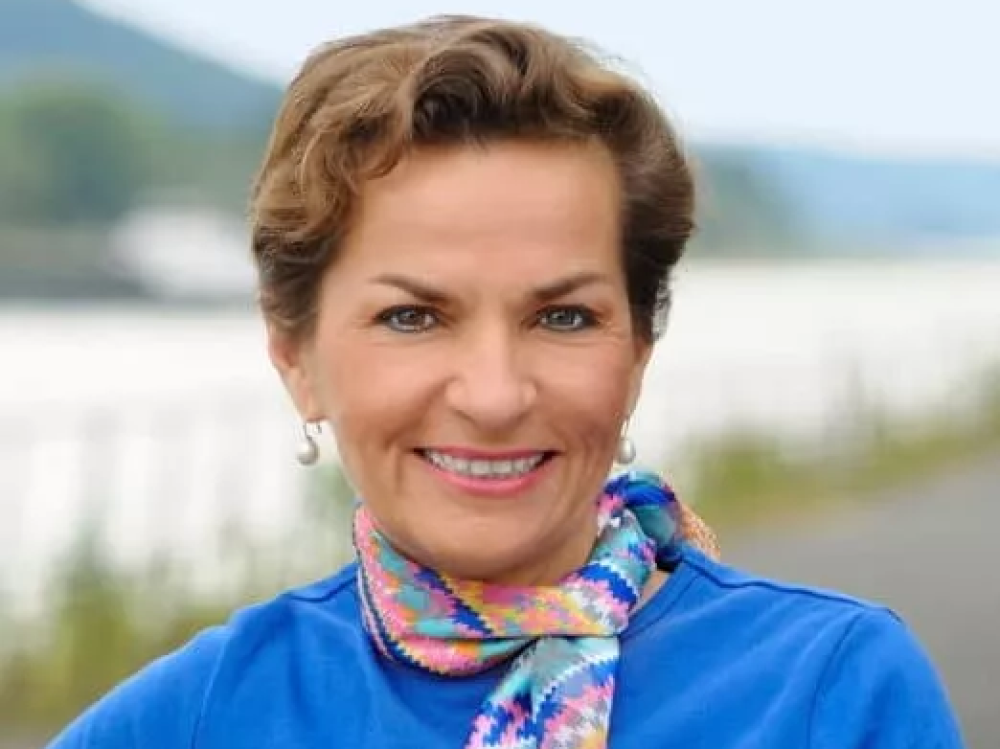
Christiana Figueres comes from a long line of big names in the small Central American country of Costa Rica. Her father was president of the nation three times, and her mother served as Costa Rica’s ambassador to Israel in 1982. Christiana’s older brother also served as president from 1994-1998.
Figueres followed a path of public service like the rest of her family, beginning her career as an embassy counselor before becoming the Director of International Cooperation in the Ministry of Planning and then the Chief of Staff to the Minister of Agriculture. In 1989, Figueres left government life to raise her two daughters full-time.
As research supporting climate change mounted along with concerns that many large, developed nations were not doing their parts to combat it, Figueres got back to work. This time, she founded a non-profit called the Center for Sustainable Development in the Americas, and she also became its Executive Director. She has since traveled the world, holding court with governments across the globe to discuss how they could be taking a stronger stance against climate change.
In 2010, the UN Secretary General appointed Christiana Figueres as the Executive Secretary of the United Nations Framework Convention on Climate Change. In this role, she called for a new approach to government climate change strategies. Instead of the familiar fire-and-brimstone, all-or-nothing stance, she developed a strategy built on a series of small changes and attainable goals.
Figueres is known for actively approaching stakeholders far outside of government, working closely with the scientific community, big business, and faith groups alike. Since retiring from the UN in 2016, Figueres has continued to campaign for action against climate change, write a few books, and earn several prestigious awards, including appearing in both Time and Fortune top-leader lists, and receiving the The 2019 Dan David Prize for combating climate change. She also has the honor of having a tropical moth (Struthoscelis christianafigueresae), a wasp (Pseudapanteles christianafigueresae), and an orchid (Vanilla karen-christianae) named after her. She currently sits on several advisory boards internationally, and frequently travels to give talks and spread the word about what humans can do to better protect their Earth.
